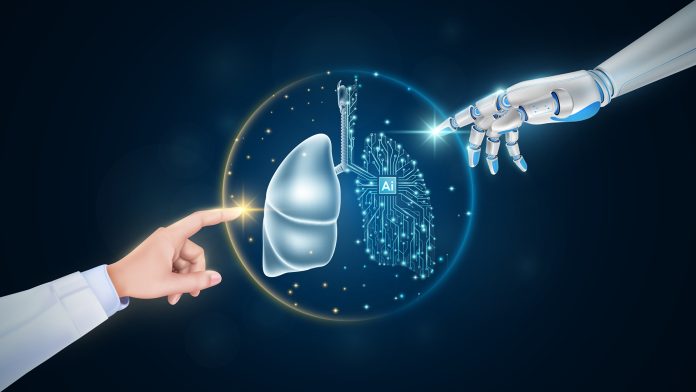Deploying and evaluating a machine learning intervention to improve clinical care and patient outcomes is a key step in improving clinical deterioration models, a new study has found.
The research found that patient outcomes increased if their care team received AI-generated alerts signalling adverse changes in their health.
Hospitalised patients were also 43% more likely to have their care escalated if the ward used AI alerts.
“We wanted to see if quick alerts made by AI and machine learning, trained on many different types of patient data, could help reduce both how often patients need intensive care and their chances of dying in the hospital,” said Matthew Levin, who led the study.
“Our study shows automated machine learning algorithm scores that trigger evaluation by the provider can outperform these earlier methods in accurately predicting this decline.”
AI alerts increase the chance of rapid intervention
The prospective study looked at 2,740 adult patients who were admitted to four medical-surgical units at Mount Sinai Hospital in New York.
The patients were split into two groups: one that received real-time alerts based on the predicted likelihood of deterioration, sent directly to their nurses and physicians or a rapid response team of intensive care physicians, and another group where alerts were created but not sent.
In the units where the alerts were suppressed, the rapid response team urgently intervened with patients who met standard deterioration criteria.
The future of technology in improving patient outcomes
David Reich, one of the study’s senior authors, commented: “Our research shows that real-time alerts using machine learning can substantially improve patient outcomes.
“These models are accurate and timely aids to clinical decision-making that help us bring the right team to the right patient at the right time.
“We think of these as ‘augmented intelligence’ tools that speed in-person clinical evaluations by our physicians and nurses and prompt the treatments that keep our patients safer.”
Due to the study, a team of intensive care physicians visits the 15 patients with the highest prediction scores every day and makes treatment recommendations to the doctors and nurses caring for the patient.
As the algorithm is continually retrained on larger numbers of patients over time, the assessments by the intensive care physicians serve as the gold standard of correctness, and the algorithm becomes more accurate through reinforcement learning.
In addition to this clinical deterioration algorithm, the researchers have developed and deployed 15 additional AI-based clinical decision support tools throughout the Mount Sinai Health System.









